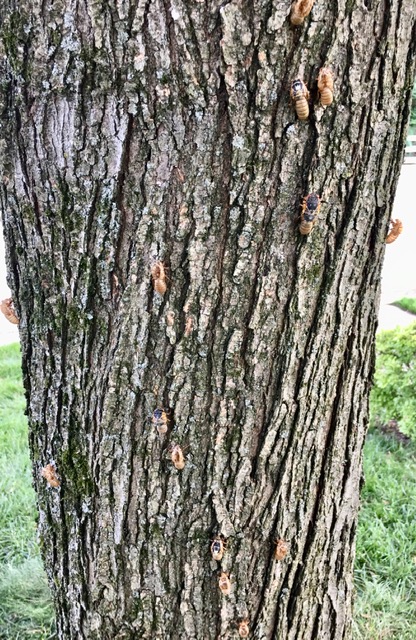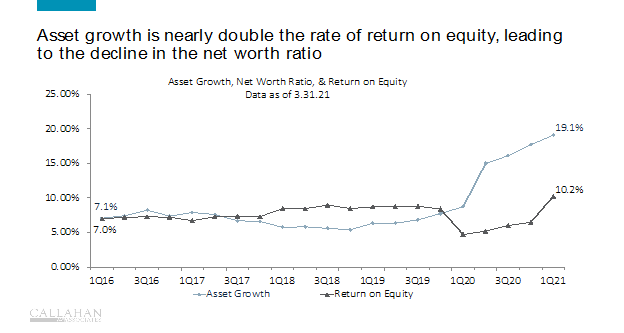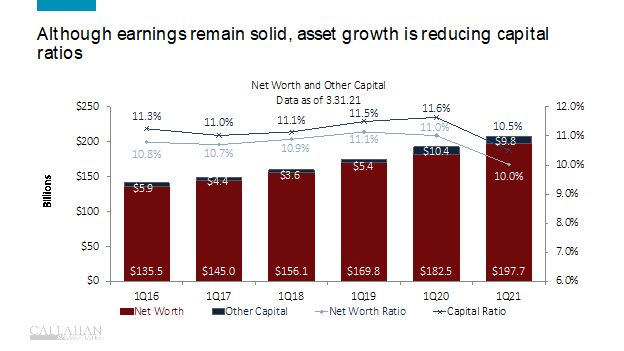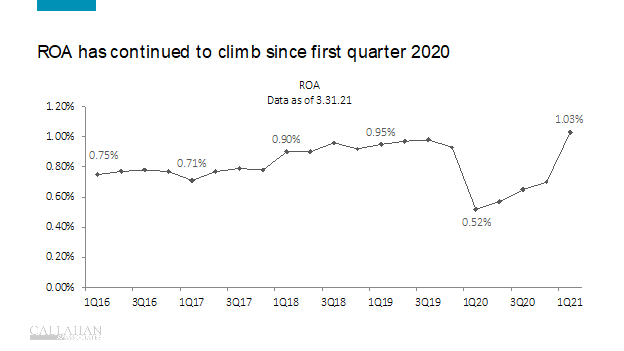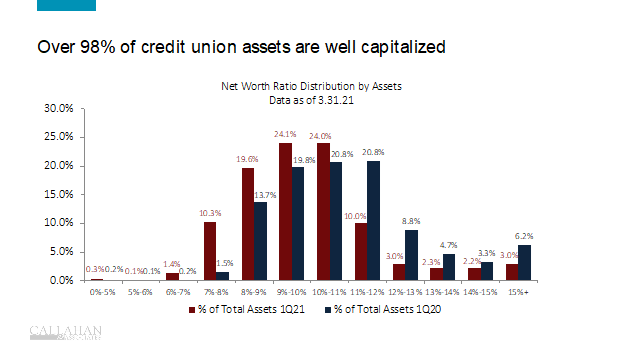Richard Blanco’s mother was seven months pregnant when his parents left Cuba for Madrid, where he was born. Forty-five days later they departed for America.
Technically his full name is Ricardo de Jesús Blanco Sánchez Valdez Molina.
His parents so wanted to come to the US they named their son Ricardo, after Richard Nixon. Jesus, because his mom on the flight from Cuba said, “If we make it alive, her(sic) middle name will be Jesus.”
And as a poet he calls himself Richard to contrast the Anglo and the white Blanco. He is a lifelong civil engineer. He read a poem at Barrack Obama’s 2013 inaugural, the first Latino to do so.
A Poet’s Political Conscience
He was moved to write Declaration after hearing Senator Jeff Flake’s speech in the Senate on America’s divisions in 2017. The Senator said in part:
“I rise today with no small measure of regret — regret because of the state of our disunion, regret because of the disrepair and destructiveness of our politics, regret because of the indecency of our discourse, regret because of the coarseness of our leadership, regret for the compromise of our moral authority, and by ‘our,’ I mean all of our complicity in this alarming and dangerous state of affairs. It is time for our complicity and accommodation of the unacceptable to end.”
In this prose-poetry format, Blanco selects phrases from the Declaration of 1776 and contrasts these with observations about the present. He concludes with the self-evident truth: We’re the promise of one people, one breath declaring to one another: I see you. I need you. I am you.
Declaration of Interdependence
By Richard Blanco
Such has been the patient sufferance…
We’re a mother’s bread, instant potatoes, milk at a checkout line. We’re her three children pleading for bubble gum and their father. We’re the three minutes she steals to page through a tabloid, needing to believe even stars’ lives are as joyful and bruised.
Our repeated petitions have been answered only by repeated injury…
We’re her second job serving an executive absorbed in his Wall Street Journal at a sidewalk café shadowed by skyscrapers. We’re the shadows of the fortune he won and the family he lost. We’re his loss and the lost. We’re a father in a coal town who can’t mine a life anymore because too much and too little has happened, for too long.
A history of repeated injuries and usurpations…
We’re the grit of his main street’s blacked-out windows and graffitied truths. We’re a street in another town lined with royal palms, at home with a Peace Corps couple who collect African art. We’re their dinner-party talk of wines, wielded picket signs, and burned draft cards. We’re what they know: it’s time to do more than read the New York Times, buy fair-trade coffee and organic corn.
In every stage of these oppressions we have petitioned for redress…
We’re the farmer who grew the corn, who plows into his couch as worn as his back by the end of the day. We’re his TV set blaring news having everything and nothing to do with the field dust in his eyes or his son nested in the ache of his arms. We’re his son. We’re a black teenager who drove too fast or too slow, talked too much or too little, moved too quickly, but not quick enough. We’re the blast of the bullet leaving the gun. We’re the guilt and the grief of the cop who wished he hadn’t shot.
We mutually pledge to each other our lives, our fortunes and our sacred honor…
We’re the dead, we’re the living amid the flicker of vigil candlelight. We’re in a dim cell with an inmate reading Dostoevsky. We’re his crime, his sentence, his amends, we’re the mending of ourselves and others. We’re a Buddhist serving soup at a shelter alongside a stockbroker. We’re each other’s shelter and hope: a widow’s fifty cents in a collection plate and a golfer’s ten-thousand-dollar pledge for a cure.
We hold these truths to be self-evident…
We’re the cure for hatred caused by despair. We’re the good morning of a bus driver who remembers our name, the tattooed man who gives up his seat on the subway. We’re every door held open with a smile when we look into each other’s eyes the way we behold the moon. We’re the moon. We’re the promise of one people, one breath declaring to one another: I see you. I need you. I am you.







